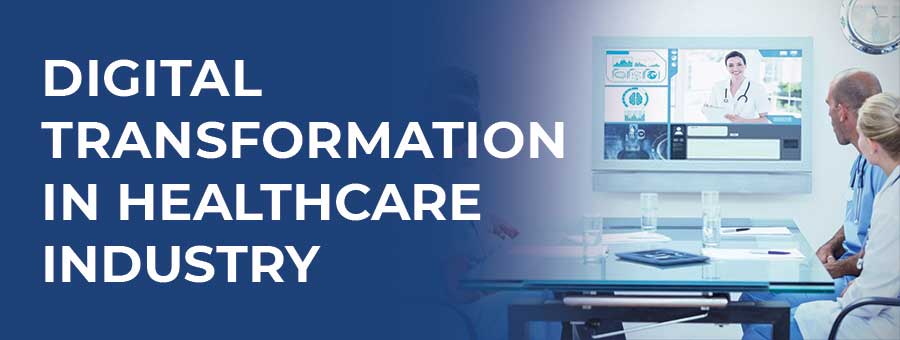Email: info@prgmd.com | Call: +1 (630) 242-6474
Business hours: 9:00 to 5:00 | Monday to Friday
Email: info@prgmd.com | Call: +1 (630) 242-6474
Business hours: 9:00 to 5:00 | Monday to Friday

Table of Contents
ToggleProviders and patients need to understand the impact of changes in the healthcare industry. Similarly, the transition of fee-for-service to Value-Based Healthcare witnessed the integration of technology in the healthcare industry.
Furthermore, healthcare professionals are looking forward to seeing how MACRA can impact the reimbursement model under Quality Payment Program. In addition, the technological advancements impacted the entire healthcare industry. There are several changes which will impact healthcare in the coming years.
This year, more practices will convert to a Cloud-Based EHR. In contrast to the in-house EHR, cloud-based EHR operates outside the healthcare practice. Clinics can use these EHRs via the web. A cloud EHR provides ease of operation to its end users. Moreover, this change is beneficial because it is easy to maintain and has a low overall installation cost.
Cloud-based technology can make things easier for practices as it does not need the support of an in-house IT team. Moreover, cloud technology centralizes all the data and it becomes easily accessible. In addition, practices can streamline their workflow with cloud-based EHR.
Another benefit of an integrated mobile application is its ability to provide online access to healthcare records through cellular devices. In addition, these applications feature the ability to allow users access to scheduling appointments, making payments, and accessing valuable information conveniently.
Similarly, The use of these mobile applications improves the coordination between patients and the provider. Furthermore, this is a cost-effective way for practices to improve the patient experience.
The implementation of telehealth will continue to go far beyond the traditional system. Healthcare industry anticipates patients to empower through advanced digital use of telehealth. As a result, it will allow them to access their care plans and health records independently.
Chronic Care Management will become the new standard for patient care as it is becoming increasingly popular. Similarly, it provides great patient experience. Initially, many providers hesitated to initiate chronic care management due to misconceptions regarding this new Medicare initiative. However, there has been a steady increase in providers participating in this program.
Physicians need to deliver cost-effective quality care. In addition, value-based care is on the rise, and statistics show that more physicians will move towards this model.
In 2019, CMS rewarded the eligible provider with 4% incentives; it will eventually reach 9% in 2022. The providers who do not participate in value-based healthcare get penalized eventually. Moreover, providers who do not participate in MACRA should start reporting even a partial year to avoid future penalties.
The rise of Artificial Intelligence will become a force in the technological advancement in the healthcare industry. Artificial Intelligence (AI) has changed the outlook of the modern era of healthcare. Similarly, practices can protect against cyber-attacks and minimize the effects of malware attempts with AI. Moreover, combining Artificial Intelligence (AI) with machine learning will allow Healthcare Organizations to maximize their capacity for threat detection.
Artificial Intelligence (AI) will help improve clinical documentation and workflow through its dedicated algorithms. Furthermore, using AI will also help make existing EHR systems more flexible and intelligent for the payers to operate.
For effective implementation of AI in healthcare environment, it needs an IT infrastructure to develop. In addition, it needs data standardization to ensure its deliverance for the targeted operations. Furthermore, operationalizing AI platforms for workflows will result in a $1.7 billion productivity gain over the next two to three years.
Share: